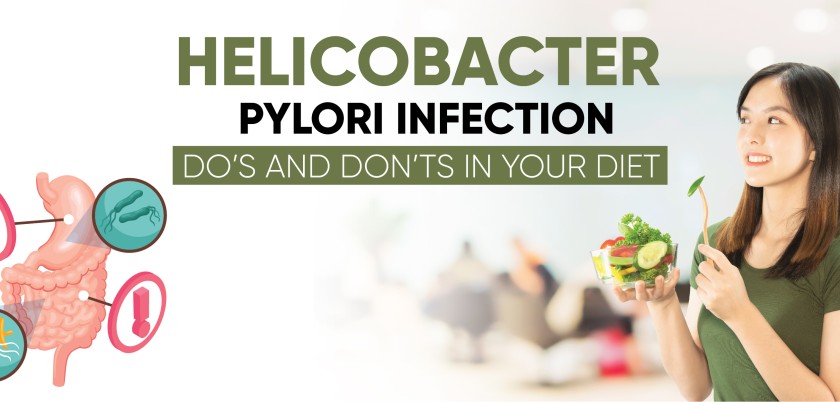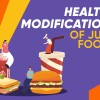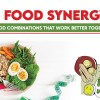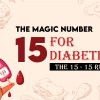
Helicobacter Pylori infection: Do's and don'ts in you diet
Helicobacter pylori infection is associated with numerous diseases and they commonly invade the oral cavity and stomach. Peptic ulcer disease, atrophic gastritis, and gastric adenocarcinoma are some of the resulting diseases due to H.pylori infection.
A nourishing diet with the right food choices can help you in managing the effect of this infection and can also have therapeutic benefits along with medical treatment.
ROLE OF DIET
Since H.pylori infection affects your gut it is important to identify the irritants and eliminate them from the diet. Also, certain foods which overstimulate gastric acid production should be avoided.
FOODS TO INCLUDE
1. BERRIES
Researchers have found that berries like blackberries, and blueberry exhibit an anti-bacterial effect which helps in curbing the infection and improving treatment outcomes. This effect is attributed to the phenolic compounds present in these fruits.
2. PROBIOTICS
Probiotics containing bacteria like lactobacillus were found to be beneficial as an adjunctive therapy in reducing treatment-related side effects.
3. BOILED VEGETABLES
To avoid any chance of contamination and further infection, it is advisable to consume only vegetables that are boiled. This also helps in easy digestion.
4. CRUCIFEROUS VEGETABLES
Cruciferous vegetables like cauliflower and broccoli contain isothiocyanates which help in inhibiting the growth of the bacteria and reduce their intensity of colonization. This bactericidal activity is also found in broccoli sprouts.
5. OMEGA-3 FATTY ACIDS
Polyunsaturated fatty acids like omega-3 fatty acids along with their anti-inflammatory effects have also shown a bacteriostatic effect. Consuming PUFA-rich oil helps in controlling the growth of bacterial infection and prevents the prognosis of cancer.
FOODS TO AVOID
With helicobacter pylori infection it is important to avoid certain foods which could potentially irritate the stomach and can cause acid reflux.
Caffeine-containing foods
Uncooked meat, vegetables
Carbonated drinks
Fried foods, packaged foods containing transfats
Spicy foods
Alcohol
Acidic fruits
Sugary treats and beverages
GUIDELINES TO FOLLOW
• Consume fruits, especially berries that are rich in antioxidants like phenols and flavonoids.
• Include foods rich in iron, and zinc whose absorption is hindered due to the infection.
• To ensure a healthy gut microbiome include probiotics like curd or yogurt in the diet.
• Avoid consuming uncooked vegetables and meat.
• Avoid consuming canned, processed vegetables or meat.
• Avoid salty foods since increased salt intake could contribute to further inflammation and proliferation resulting in gastric cancer.
• Avoid consuming highly seasoned and spicy foods.
• Consuming small meals in intervals can help in reducing acid reflux.
H.pylori infection can affect your food intake and may negatively impact your overall health. Therefore, it is important to include foods based on your tolerance and preference to reap as many benefits.






